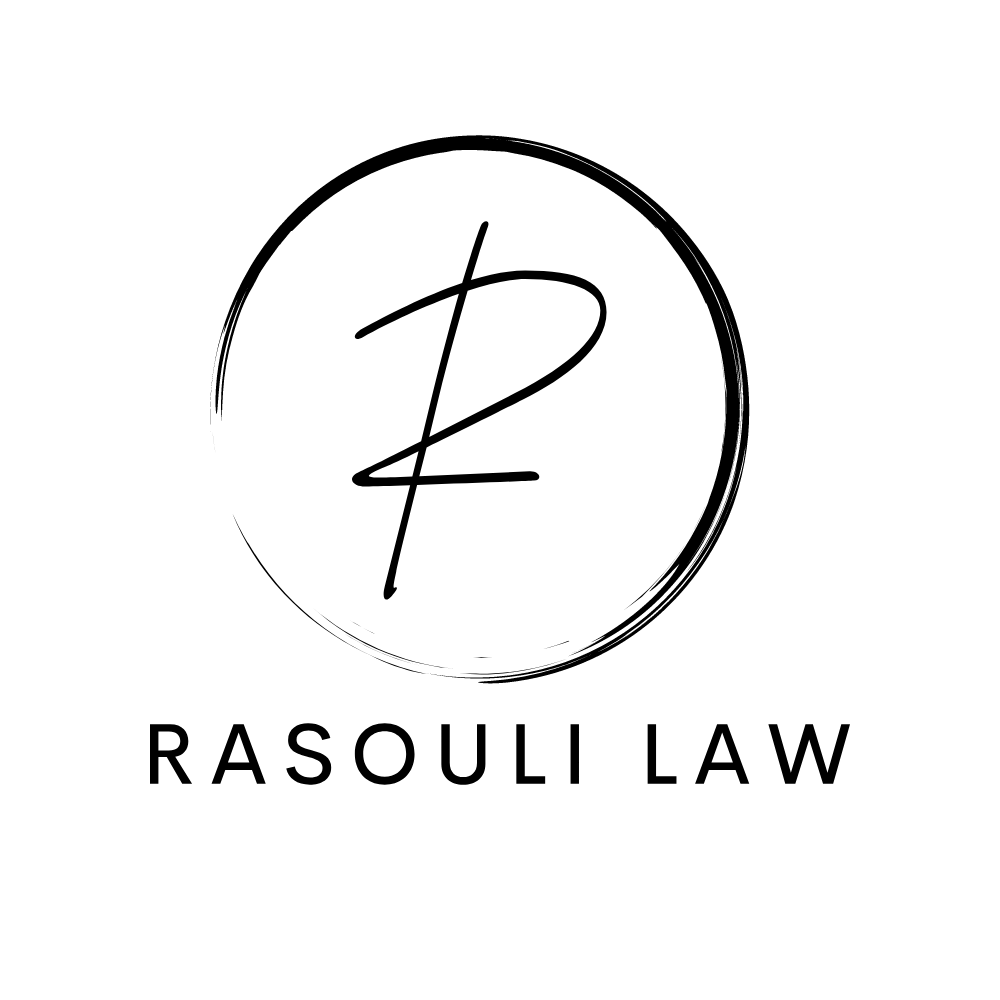CIVIL LITIGATION
We fight for you to get you the best results, because we know how important your matter is to you.
**We are happy to provide services in Arabic and Farsi **
ما به زبان فارسی خدمات ارائه می دهیم
نحن نقدم الخدمات باللغة العربية
Demand Letters
Demand letters are a standard formal first step in civil litigation. While you may always proceed straight to filing a claim, the demand letter, sent my a qualified attorney, can be a motivating tool to encouraging the opposing side to settle the debt before litigation begins.
Bringing a Lawsuit
Litigation is the process of resolving a dispute between two or more persons or companies in a Court of law. In the event the opposing side is not responsive to your demand for reconciliation, are not agreeable to the terms previously agreed upon and or are simply alleging they are not liable; your next option is to proceed to filing a Statement of Claim. Once the Statement of Claim has been filed and served on the opposing party the litigation process begins and the lawsuit becomes active.
Defending a Lawsuit
When served with a lawsuit it is imperative that you take the matter seriously and respond through the procedural process in a timely manner. Time can be everything to successfully defending a lawsuit against you. Failing to meet a deadline or file the appropriate forms can result in the lawsuit proceeding without your defense and in some cases may result in damages being awarded against you in your absence. It is imperative to find a competent lawyer to deal with a lawsuit being brought against you to ensure your rights to justice are preserved.
Gathering Evidence
The next step, and arguably the most time-consuming step, involves gathering evidence, also known as the discovery process. During this step each party is expected to gather all their evidence, including documents, digital files, and photos, proposed witnesses, etc., and will exchange it with the opposing party. Each person is also provided an opportunity to conduct an interview of the opposing party and or witnesses under oath.
Motions
Motions are like a lawsuit within a lawsuit. They are a formal request to a judge for an action to be taken. Motions can proceed with or without the opposing party. Parties to a motion have the ability to consent or oppose the motion and present their argument on why the requested relief should or should not be granted. Legal costs are usually ordered when motions are argued.
Mediation
In many cases, the Court requires that parties participate in a process called mediation. Attendance of all parties is usually mandatory and failure to attend can result in serious consequences. Mediations are also considered to be a form of pre-trial, where both parties will sit down with an experienced mediator or a Judge and discuss the merits of their sides. At the conclusion of a mediation either the mediator or the Judge will typically present their impartial opinion to both sides on the strength and weaknesses or their case. Mediations are typically a process that encourages parties to try and reach a settlement prior to proceeding to trial. In some jurisdictions the Court requires parties to hold a mediation with a qualified mediator prior to completing a mediation before a Judge.
Trial
Trial is the step where each party of a lawsuit presents their case in front of a Judge and, at the end of the trial, a decision is made in one party's favour.
Rasouli Law provides litigation assistance with various facets of civil litigation matters including contract disputes, employment law, franchise law, negligence, personal injury, and real property disputes. Rasouli Law has been retained to represent clients at various stages of the dispute resolution process.
Our legal services are highly driven by applying negotiation tactics in attempt to resolve client disputes and to avoid the time and cost associated with litigation. We focus on dispute resolution first and foremost before encouraging our clients to proceed to trial. In the event dispute resolution is not an option, we have the experience you need to be competently represented throughout the process and at the trial stage. We are proud of our professional, knowledgeable, and expedient conduct and we aim to be highly attentive and responsive to our clients needs.
Appeals
At the conclusion of a trial the Judge provides a decision in one party's favour. Sometimes, despite your best efforts, that decision may not be favourable to you and you may believe the Judge assessed the facts and or evidence incorrectly, or that he may have made an error in law in his conclusion. The option to appeal is always afforded to any party of a lawsuit, upon conclusion of their case, which requires time sensitive material to be filed and served on the opposing party and the Courts. Failure to meet the restrictive deadline can often cost you your opportunity to appeal and being permitted to file an appeal after the deadline or to request an extension of that deadline is rarely granted.
It is imperative, if your intention is to appeal a decision, that you retain an experienced lawyer who knows and understands the appeals process and can meet the tight deadlines. Whether you have concluded your matter as a self-representative or through representation by another lawyer, Rasouli Law has the experience to take over your matter and bring it to the Ontario Court of Appeal.
P: (226) 773 - 3644
F: (226) 773 - 3859
212 Erie Street West
Windsor, ON N9A 6B5
support@rasoulilaw.com
www.rasoulilaw.com

